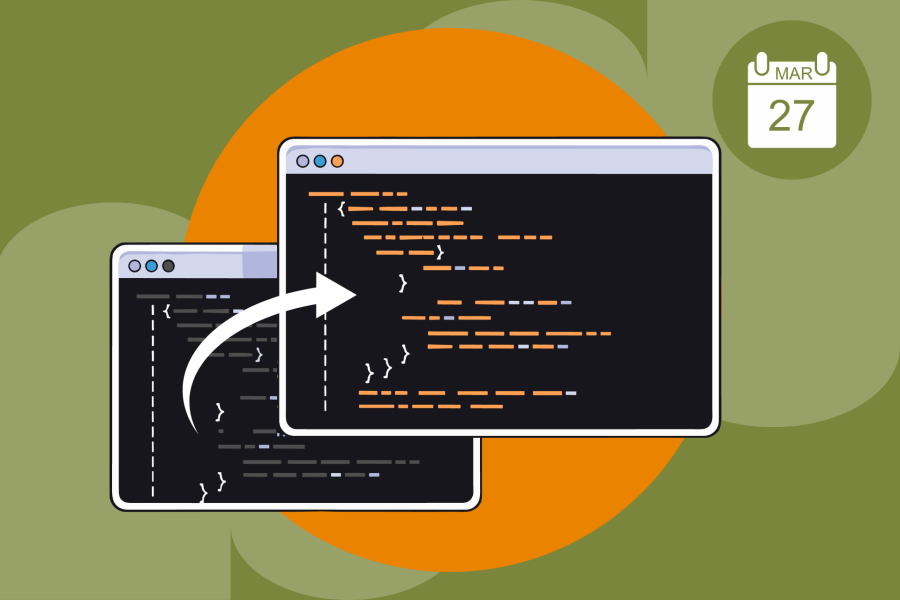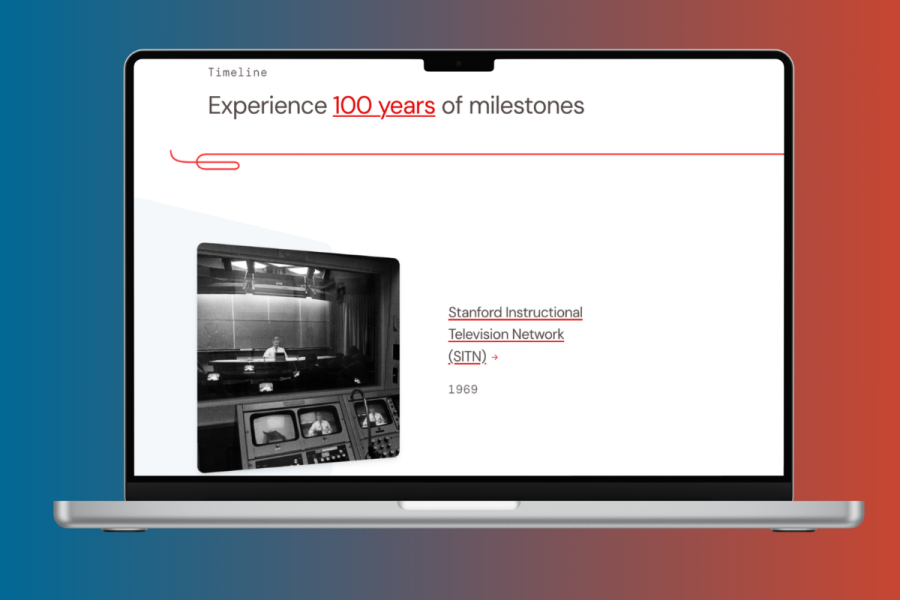Making STARS Courses Accessible
Do you or your department create courses hosted on the Stanford Training and Registration System (STARS) platform? If so, are you ensuring that your courses can be accessed by all learners, including individuals with disabilities?
The Stanford Office of Digital Accessibility, along with the Learning Solutions Group, have developed checklists for creating accessible Articulate Storyline and Rise content. Instructional designers and third party contractors should use these checklists when designing new STARS courses. These checklists can help you choose accessible interactions and avoid creating instructional accessibility barriers.
In addition, an introductory module is provided that highlights the benefits of creating accessible STARS courses and how best to use the checklists. These resources can help make your STARS course accessible to a diverse range of learners and comply with Stanford’s digital accessibility policy. Check out Developing Accessible STARS Courses for all the details.
Features of the Storyline and Rise Checklists
The Storyline Checklist and Rise Checklist highlight strategies like ensuring video/audio materials have captions and transcripts, and adding alternative text to meaningful images. The standards are organized by the different types of content that might be included in a course. Each checklist details:
-
Which accessibility criteria apply
-
Why the accessibility requirement is important
-
How to implement the standard, with step-by-step guidance
-
How to check that the accessibility practices have been applied successfully to the course
By following these checklists, you can ensure your STARS course is compliant, easy to use, and delivers your course effectively to all.
More resources and support
You can also take the self-paced course Developing Accessible STARS Courses at Stanford to learn more about how to use the checklists and how to create accessible STARS courses.
Consider joining the Stanford Authoring, Learning, And Development Community Of Practice (SALAD COP) Slack Channel. You can ask questions and there are quarterly hybrid meetings that highlight the latest instructional trends, including in accessibility.
If you have any questions please reach out to instructional-accessibility@lists.stanford.edu. You can also post questions in the COP- Accessibility Slack Channel.
DISCLAIMER: UIT News is accurate on the publication date. We do not update information in past news items. We do make every effort to keep our service information pages up-to-date. Please search our service pages at uit.stanford.edu/search.
What to read next:

Migrate to Stanford GitLab's New Container Registry By March 27

Coming Soon: A New Login for Your Stanford University Microsoft Account

